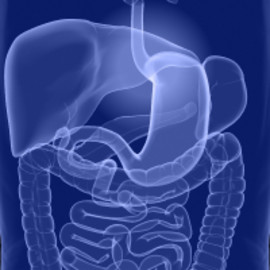Cancer Information
At Adaptimmune, we are working diligently to find immunotherapeutic solutions for certain cancers. Links to cancers we are working on can be found on this page. For more robust information, including descriptions, signs and symptoms, key statistics and prevalence, survival rates, diagnosis, currently available treatments, and help with finding treatment centers can be found on the American Cancer Society’s website at: http://www.cancer.org/cancer/index
Be sure to speak with your doctor about your cancer and what options are available to you and your family.











